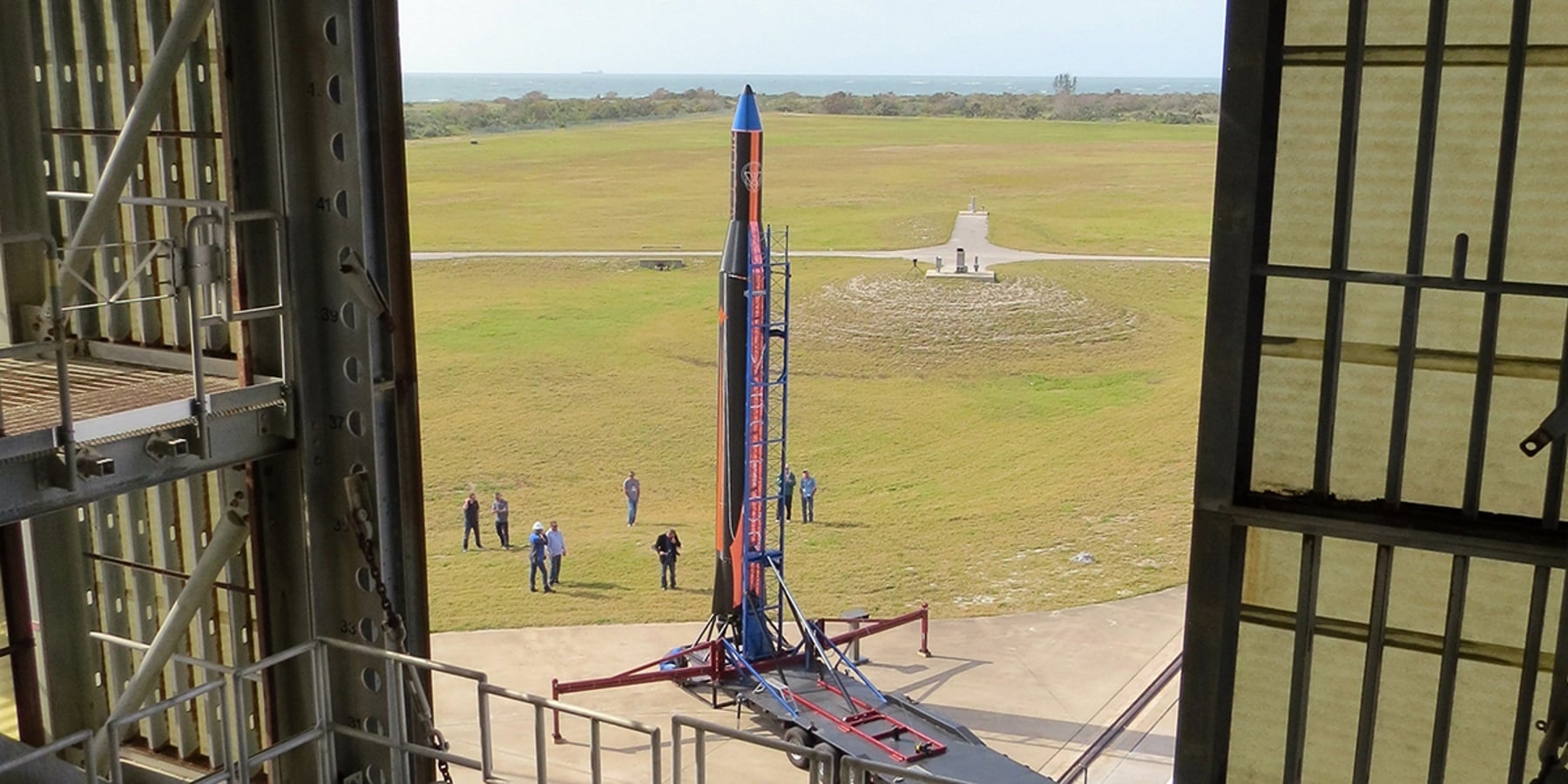Overcrowded Atlanta Shelters Lead To Out-Of-State Animal Transports

An animal transport arrives at the Avondale Shelter to take dogs to Pennsylvania where they have owners waiting for them.
ADA MONTGOMERY / WABE NEWS
Animal shelters in metro Atlanta often struggle to find homes for dogs and cats.
One solution? Ship animals off to other parts of the United States.
Animal Transport
Donna Looney is the owner of a for-profit group, Looney’s K9 Rescue Transport, which has been transporting dogs for almost three years.
On a recent morning, she loaded up seven dogs from a shelter in Avondale into her van.
These dogs are headed to Pennsylvania, about 800 miles away.
Looney said the dogs can be initially confused when coming into the van because it’s a new environment for them.
“The [dogs] don’t know what’s going on,” she said.
She said she puts them at ease with air conditioning, music and water. The van stops for bathroom breaks and short walks so they can “stretch and run and play” en route.
Adoptions
Once the animals arrive, their new owner pays $100 for the trip plus an adoption fee.
Several metro Atlanta humane organizations use services such as Looney’s K9 Transport.
Most transports focus specifically on dogs. Christina Hill is the marketing director at the Atlanta Humane Society.
“Dogs seem to transport better than cats for long distances and dogs are the ones that need more space, so it’s more crucial to get them out to make space for the 20 [other animals] that are coming in every day,” Hill said.
Other organizations such as Southern Mutts Rescue Wagon, a nonprofit rescue organization, transport dogs, cats, and even horses.
Planning a transport can be difficult. The Southern Mutts Rescue Wagon drives from Colorado to Georgia.
“So between the trip itself, the planning and then the adoption and getting everything finalized, it’s about a solid two and a half to three-month project,” said Chamblee Abernathy, the co-founder of Southern Mutts Rescue Wagon.
Need For Transports
Why are organizations taking the time to transport our animals out of state?
Hill said even though Georgia law requires shelter animals to be spayed or neutered after 30 days, most pet owners neglect to do it.
“And that causes animal over-population,” Hill said.
In states like Pennsylvania and Colorado, two places that intake dogs from Georgia, there are laws that require adopters to sign an agreement to have the animals sterilized.
Those states also make those new pet owners put down a deposit for the procedure. In Georgia, there’s no sterilization deposit required.
Deposit Laws
Karen Hirsch is the public relations director with the Lifeline Animal Project, which has a few shelters around Atlanta.
She said her organization has always had a policy of spaying and neutering its animals before they’re adopted.
“You just can’t guarantee you can make everyone bring them back or track them down so we just do it right up front to avoid any of that,” Hirsch said.
Most shelters require adopters to sign a form agreeing to bring an unsterilized animal back for the procedure, but there’s no enforcement.
Plus, bringing animals back to a veterinarian or shelter can bring unwanted costs.
“Cost is one barrier a lot of times, especially [for] people in under-served communities or poorer areas they just don’t have access to it so that’s one reason that there are more animals in [some] areas than others,” said Vicki Stevens, the Senior Marketing Communications Manager at The Humane Society of the United States.
Last year, the Lifeline Animal Project accepted 15,653 homeless animals. Three hundred of those animals were transferred to shelters in the Northeast.
CORRECTION: An earlier version of this article misstated how long Lifeline Animal Project has had a spay/neuter policy. The organization has always had the policy of spaying and neutering its animals before they’re adopted.








